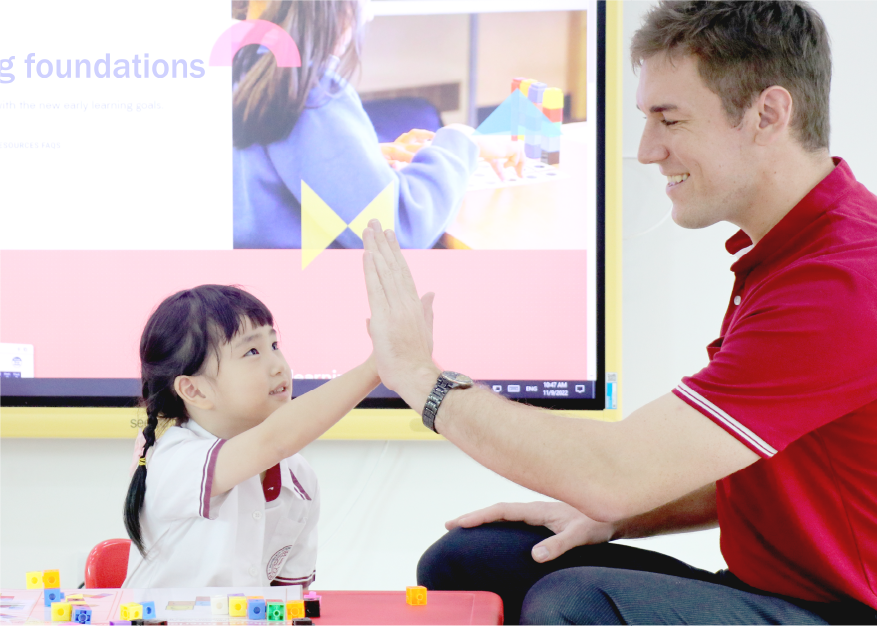Early Years Foundation Stage
Nursery (F1) and Reception (F2)
Essential practice in our beautiful EYFS Early Learning Centre includes providing the best possible education for every child; we ensure that high quality experiences for each child are central to our practice through an ambitious curriculum recognizing that learning is often driven by the interests of the children.
Our teaching practice is based on a mix of different approaches. We understand that children learn through play, by adults modeling, by observing each other, and through guided learning and direct teaching. MIS practitioners carefully organise enabling environments for high-quality play. Sometimes, we make time and space available for children to invent their own play. Sometimes, we join in to sensitively support and extend children’s learning.
The key features of effective practice in the EYFS, along with the Prime and Specific areas of learning and development from the English National Curriculum (ENC) are all interconnected with essential elements of the five major areas of Chinese early childhood education (CNC) including Mandarin language, mathematics and Rising STEAM, Art and Society, alongside Thai language and cultural experiences.
Whilst English and Chinese are the main teaching languages to meet the needs of intercultural communication, the proportion of courses in this section is 45% English, 45% Chinese, and 10% Thai.
Partnership with parents is an essential element in the success-story that is an MIS EYFS programme. This includes listening regularly to parents and giving parents clear information about their children’s progress through the languages of English, Mandarin and Thai.


